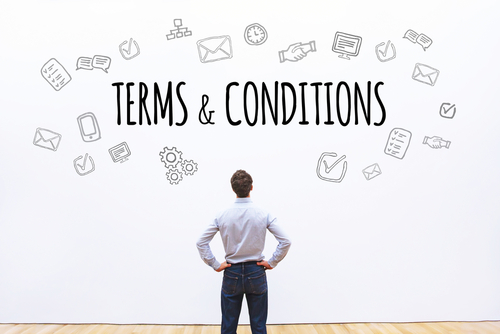
Cohabitation Agreements – your questions answered
There are so many myths around common-law marriages and cohabitation agreements. Here we’ve answered some of the most common questions that often crop up with our clients.
We have been cohabiting for three years and are thinking of buying a new house, jointly. What do we need to consider? Are Cohabitation Agreements worth it?
First of all, congratulations! It is a natural step of a relationship to move in together. Like anything, there are lots of things to consider. Who is providing the funds? Will you be contributing unequal amounts? Will there be unequal contributions toward the mortgage now or in the future?
If you are contributing unequal amounts or paying different amounts each month then this should be reflected in a Declaration of Trust. This should be drawn up at the time of buying the house and would be dealt with by the conveyancing solicitor.
It would also be prudent to make a Cohabitation Agreement setting out the terms of the joint property. This can include expenses and how these should be shared. It can also deal with other aspects such as contents and how joint bank accounts should be treated. You will also need to think about what happens when you have children.
Cohabitation Agreements will also set out what financial support will be provided for the children if things don’t work out. It can also make provisions for what happens in the event that one of you dies. This would be dealt with by a specialist family solicitor.
Although these issues are sometimes difficult to discuss, it is much easier to discuss them at the outset when relations are good and you can make informed decisions which can be set out in writing.
We both have Wills which were made prior to us getting together. We now have children, how should we update our Wills to reflect our common-law marriage?
A property is one of the biggest assets you will ever own and as such should be reflected in your will. If you made your Will prior to buying a house, or before having children, you should definitely review your Will to ensure your partner and children will be cared for in the event of your death. It’s also important to update your Will if there are other dependents involved. This could include children from previous relationships, as they would need to be detailed in the Will and any financial arrangements for them following your death.
Are Cohabitation Agreements affected if we have more children?
Cohabitation Agreements will be valid if all the formalities are correctly dealt with and won’t be affected if you go on to have more children. However, it is worth reviewing the document every few years or on any major change, such as the birth of a new child to ensure that it still meets your needs and expresses what you want to happen. You will be bound by it during the relationship, and upon termination of the relationship whether that is because you decide not to live together any more or one of you dies.
We have a Declaration of Trust which sets out our shares of the property. Will this be affected if we marry?
If you are considering getting married the Declaration of Trust will not be affected but you could consider a pre-nuptial agreement which would continue to be valid once you are married.
Again, it is important to review this every couple of years or when you have children. A new document can be drawn up which is a post-nuptial agreement.
The Courts now pay greater attention to what parties have agreed between them. Whilst the Court would have discretion in divorce proceedings to make an order in different terms, they recognise that parties should be entitled to make their own decisions. The Courts would, however, intervene if it felt that in the circumstances the agreement was unfair, particularly if there had been a change in circumstances.
For example, if you had Cohabitation Agreements or Declaration of Trust stipulating that your partner had a 75% share in the property based on his contribution to the deposit and your share was 25%, the court could adjust this on a divorce and might do so if such a settlement would leave you homeless.
What are the costs associated with making Cohabitation Agreements?
You will need to have separate lawyers to deal with the Cohabitation agreements as it is an essential requirement that you both have independent legal advice. However, only one of the lawyers will need to draw up the document.
On average it should take about 3 to 4 hours to discuss your requirements and draw up the document costing around £750-£1000 plus VAT. This could be slightly less for the other lawyer’s charges. Charges can vary depending on the complexity of the matter and what needs to be included.
You can read more about the personal services we offer here.




